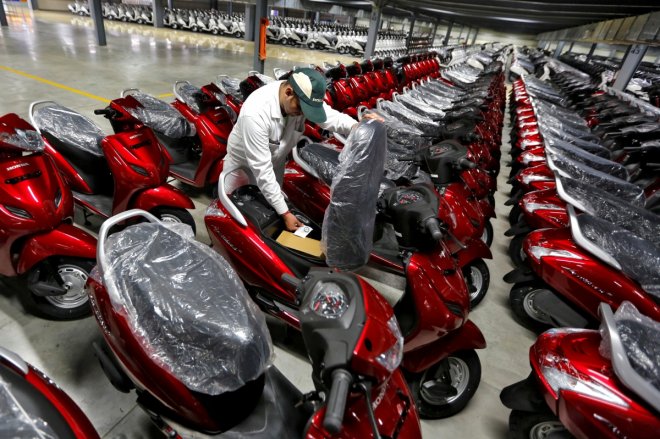
Self-driving mobility scooters have become a reality in Singapore with a prototype of the vehicle made available for public trials. The Singapore-MIT Alliance for Research and Technology (SMART) has come up with a self-driving mobility vehicle which has been developed by a team of four over a period of two months beginning in February 2016.
Researchers argue that the vehicle is suitable for bringing people from their homes to the nearest bus stop or train station or covering small distances.
The personal mobility device, which is smaller than a golf buggy, weighs about 50kg and runs on battery power and can travel at a maximum speed of 6kmh which is the average "walking speed". Moreover, the device can detect obstacle from 2.5 m in front and 10cm at the sides with its inbuilt laser sensors and automatically slows down. These features, experts argue, make the device suitable for shopping malls and airports and can assist visually impaired people and elders in communication.
It is reported that the project is funded by the Government's National Research Foundation under its Campus for Research Excellence and Technological Enterprise (CREATE) programme and are being tested within the University Town area at the National University of Singapore (NUS). SMART said that several organisations have already expressed interest in the device.
The device has been priced at $15,000 for the time being but Dr Marcelo Ang, co-principal investigator at SMART, expects the price to go down to just "hundreds of dollars" with wider availability of the technology.
The four wheeler device has already been tested at several housing estates such as Sembawang and Queenstown and is declared suitable to be used in both indoor and outdoor environments.
"It can provide seamless travel, you can book it to take you from your doorstep to a pick-up point where you can take a driverless car to a train station," said Ang, according to the Straits Times.









